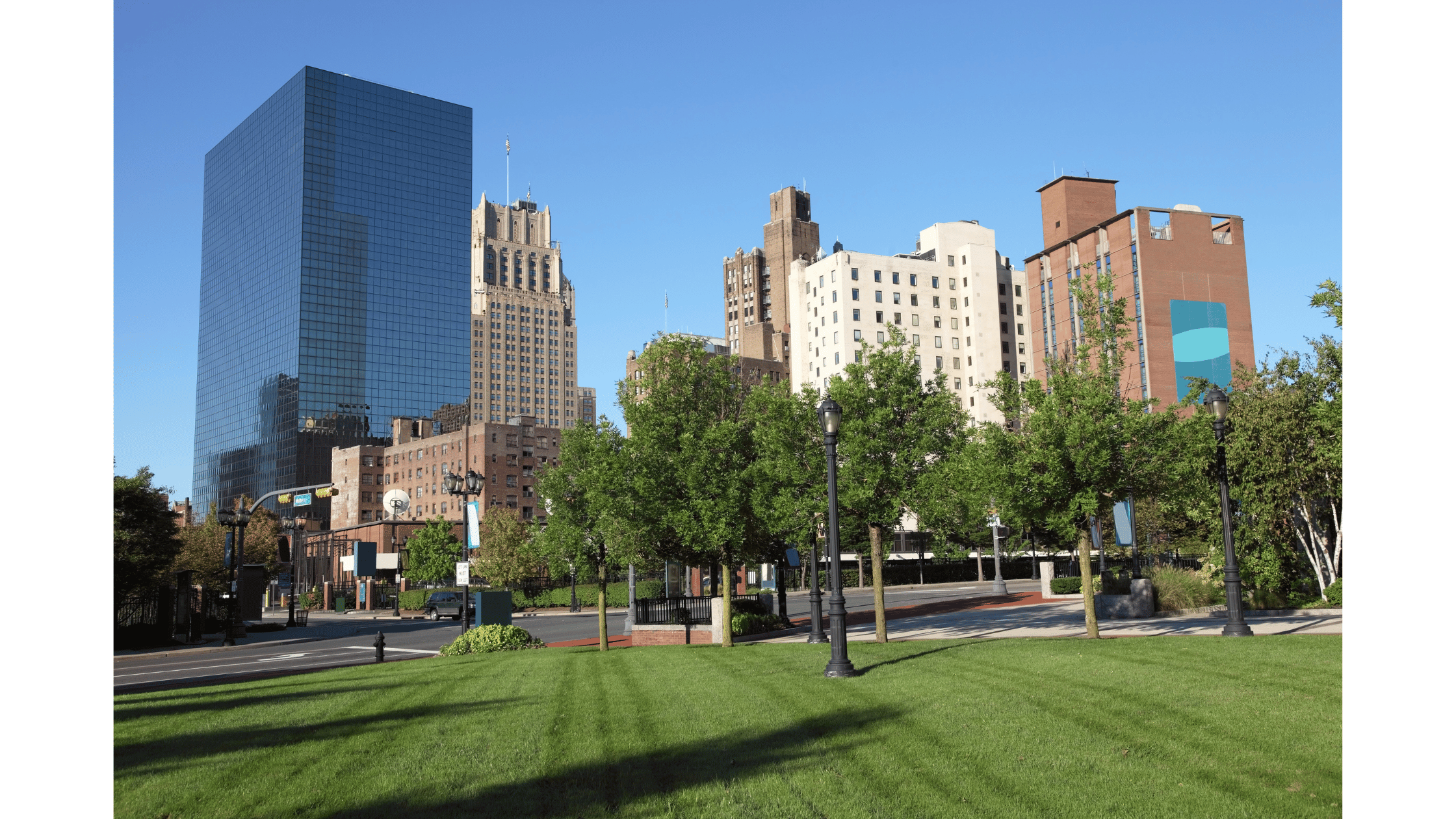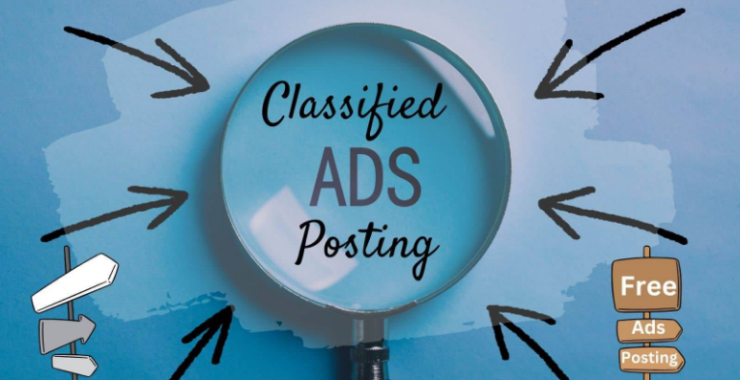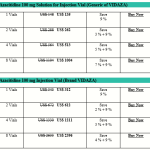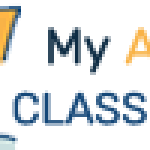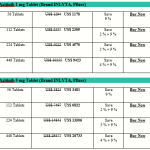Best private schools in New Jersey
There are more K–12 education alternatives available to residents of New Jersey than you would think. The top state for education is New Jersey, sometimes known as the Garden State, which has a flourishing educational system and a large number of private institutions. It’s understandable that 13% of all K–12 students in the state chose private education, above the national average of 10%, given that 1,292 private schools educate 201,528 students in the state. Finding a school where your child thrives can be facilitated by navigating these possibilities, but doing so can first sound difficult. Kids have the option for both private international school and national school as well as different categories of schools like traditional public schools, public charter schools, public magnet schools, private schools, online academies, homeschooling, and learning pods.
In this article, we will list out some of the best private schools in New Jersey which will help you select the best out of the rest
List of best private schools in New Jersey
-
Princeton International School of Math and Science
Princeton International School of Math and Science could be the ideal option for parents looking to provide their children with a top-notch education because its alumni have a 100% college admission record. This private boarding school, which is situated in the prominent town of Princeton, claims a student-teacher ratio of 5:1, assuring customised attention and assistance for each student. The school provides a challenging curriculum that equips students for success in their post-secondary courses with a concentration on maths and science.
-
The Lawrenceville School
A well-rounded private institution with a great reputation is The Lawrenceville School. The institution, which is renowned for emphasising both academics and athletics, provides students in grades 9 through 12 with a demanding and varied curriculum. Students may get customised attention and assistance because of the small class sizes and committed staff. The school provides a broad variety of athletic activities, from more conventional sports like fencing and crew to more unusual ones like typical sports like football and basketball. The school has excellent facilities, including a brand-new, cutting-edge athletic complex and several playing fields. The school also has a long history of quality, with many of its graduates going on to study at renowned institutions and earning a name for themselves in their areas.
-
The Pingry School
You could also consider the elite private school The Pingry School. The school is dedicated to challenging and assisting its students in all facets of their education, including coursework, extracurricular activities, and athletics. The school’s flexible curriculum, which enables students to explore their interests and passions, is another strength. The school’s faculty is dedicated to helping students realise their greatest potential.
-
Kent Place School
This autonomous day school for girls only, founded in 1894, serves around 600 students from 80 towns from preschool through grade 12. Both boys and girls are eligible for the preschool programme. In order to give children a great education and to prepare them for the future, the school hires highly trained faculty. The majority of the faculty has graduate degrees. Also, the school offers The Ethics Institute, over 20 AP courses, customised college counselling, state-of-the-art technology, great alternatives in the performing arts, visual arts, music, and dance, sports competition, global service learning, and leadership development.
-
Dwight-Englewood School
Children from preschool through grade 12 can attend the coed, autonomous Dwight-Englewood School. The school, which has 900 students, is committed to providing a seamless educational experience. The school is renowned for providing excellent college and university preparation, which is accomplished through developing in its students future-ready abilities including independent thinking, problem-solving, tolerance, and integrity.
Differences Between International School and National School?
It is common to ask what your child would study differently in an international school compared to a conventional national school given the growing number of international schools. When it comes to facilities, infrastructure and education, national schools nowhere come near to International schools which is the reason why parents these days go for international schools for their kids. But because of the high fees structure, most parents are not able to afford the international school education. Below are the major differences between an International School and a National School which will answer all your questions
- Youngsters who attend an international school are more likely to be accepted into foreign colleges throughout the world, increasing their chances of becoming global citizens.
- International schools provide a broad educational programme that enables students to comprehend many foreign cultures. National schools do not provide such a thing since they place a greater emphasis on texts.
- Children attending foreign schools have countless job options that are far better and more advanced than those offered to those attending national schools.
- Apart from the students, an international school’s teachers are far more diverse than those at a national school
- An international school and a national school cannot possibly be compared in terms of infrastructure and amenities. A variety of amenities are available at an international school, including a swimming pool, ice skating rink, horseback riding area, amphitheatre, football fields, several labs and libraries, modern classrooms, well-ventilated buildings, and much more.
- While students at national schools must follow the sole curriculum offered, the majority of foreign schools let parents select from a variety of courses.
- French, German, Spanish, Japanese, and other foreign languages are taught in many international schools. Foreign language instruction is not often provided in national schools.
New Jersey Private Schools
Private schools are undoubtedly an additional option for families in New Jersey. Nonpublic institutions that charge tuition are called private schools. The state of New Jersey is home to over 1,300 private schools. Private school tuition in the state ranges from $14,322 for elementary schools to $19,522 for high schools. Although there may be private scholarships available, there are no state-run scholarship possibilities in New Jersey. Moreover, the federal government permits parents to use tax-favoured 529 savings accounts to pay for K–12 private school tuition.

